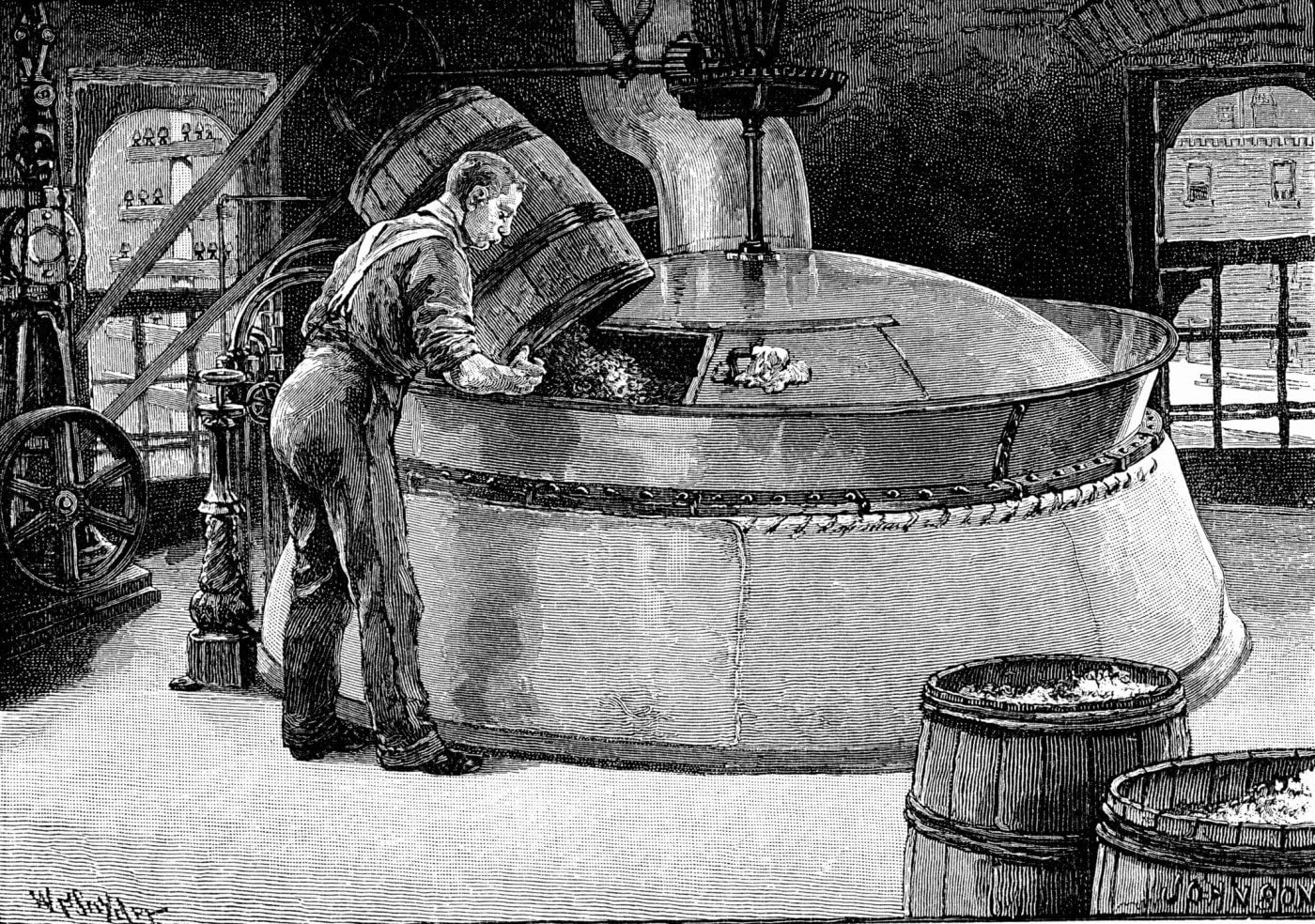The History and Significance of Ancient Brewing
The oldest documented brewing activity dates back to 5,000 BCE in what is now Iran, but the title of the oldest continuous brewer in the world goes to the Weihenstephan Brewery in Germany.
Established in 1040 CE, Weihenstephan claims to be the oldest still-operating brewery in the world. This remarkable longevity speaks volumes about the historical importance and cultural significance of brewing.
The process of brewing at that time was not only about producing a drinkable product but also about creating beverages that were safer than water, which was often contaminated.
Brewers in the medieval period were often monks who combined local ingredients, spiritual devotion, and early scientific methods to craft their beers. This historical context highlights how breweries like Weihenstephan were not just producers of beer but also pioneers in health, community, and science.
Today, their legacy is seen not only in their continued operation but also in their influence on modern brewing techniques and styles. The impact of such ancient breweries extends beyond their local regions, influencing global beer production and consumption patterns.
The Role of Monasteries in Brewing
Monastic brewing has a special place in the history of beer making. Monks were among the earliest practitioners of brewing in Europe, using their knowledge of fermentation to produce beer both as a form of sustenance and as a medicinal remedy.
The monastery at Weihenstephan was founded by Benedictine monks, and it was here that the art of brewing was cultivated under the aegis of religious discipline and scholarly pursuit.
Monastic breweries were often at the forefront of technological innovation in brewing. They were responsible for significant advancements in the quality and safety of beer through the introduction of hops as a preservative and flavoring agent.
This not only improved the taste and longevity of the beer but also marked a turning point in the commercial scale of brewing operations.
The rigorous approach to brewing that monks took ensured high-quality produce, a tradition that has been maintained at Weihenstephan to this day. Their contribution to the craft is invaluable, embodying a blend of consistency, innovation, and craftsmanship that has shaped the brewing industry for centuries.
Technological Advancements in Brewing Through the Ages
The evolution of brewing technology is a testament to the industry’s capacity for innovation and adaptation. From the wooden vats and simple tools of early brewers to the sophisticated brewing equipment of today, the technological journey of brewing has been marked by significant milestones.
In the early days of brewing, particularly at places like Weihenstephan, the equipment was rudimentary, and much of the process was done by hand. Over the centuries, as the demand for beer increased and the scale of production grew, so did the need for more efficient brewing methods.
This led to the development of malt mills, beer pumps, and refrigeration systems which revolutionized the brewing process.
Now, modern breweries can control every aspect of the brewing process with great precision, thanks to advancements in technology. This includes computer-controlled brewing tanks, automated bottling lines, and sophisticated quality control measures, ensuring consistency and quality on a scale that would be unimaginable to ancient brewers.
The Global Influence of the Oldest Breweries
The influence of breweries like Weihenstephan extends well beyond their local environments into the global beer market. Their methods and recipes have paved the way for numerous brewing styles and techniques that are popular today. For instance, the Weihenstephan Hefeweissbier is renowned worldwide and has influenced the wheat beer style globally.
The reputation of these ancient breweries often carries a mark of quality and tradition that is highly valued in the craft beer community. This respect has helped them not only survive but thrive in a market that is increasingly dominated by numerous new breweries.
The story of Weihenstephan and its peers is not just about longevity but about the ability to influence and adapt over centuries.
As these breweries continue to export their products around the world, they also spread their brewing philosophy and historical significance, contributing to a richer global beer culture. This global reach is a testament to their enduring appeal and the universal love for well-crafted beer.
